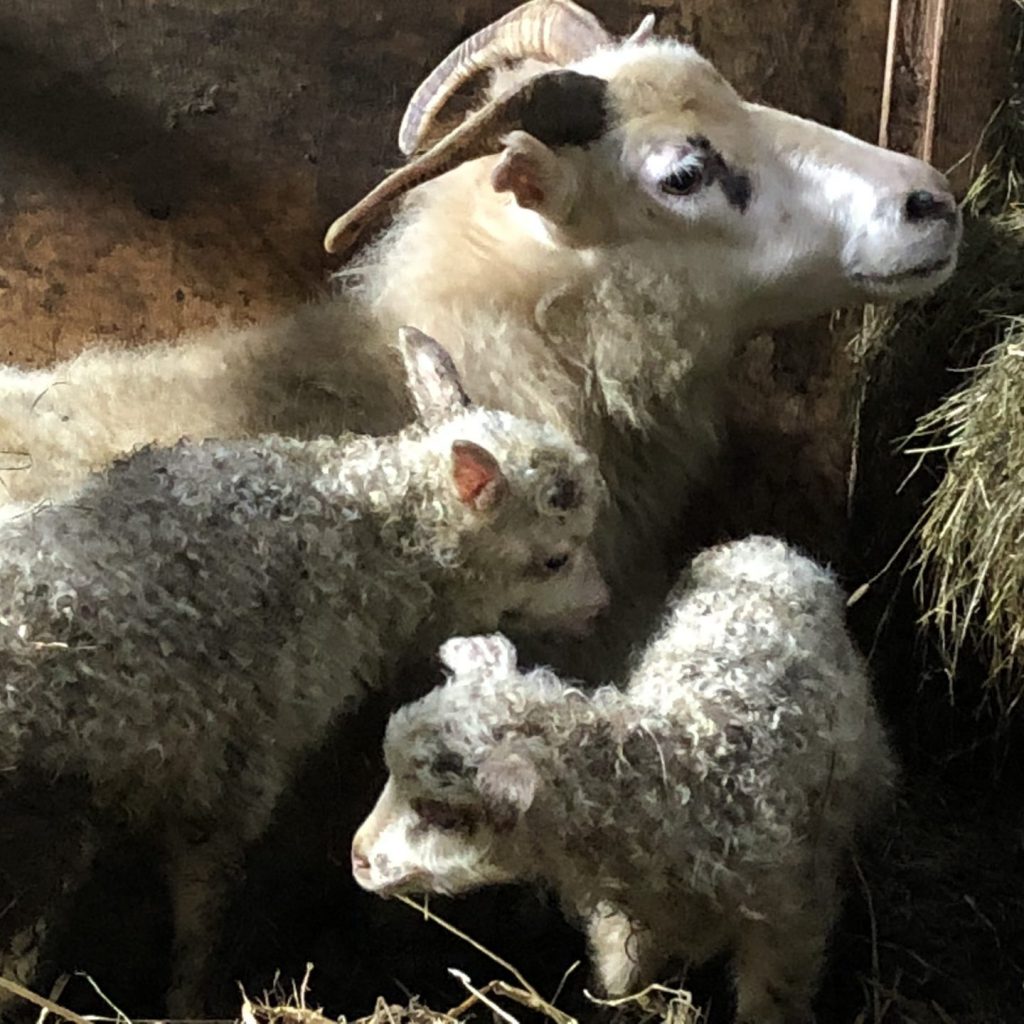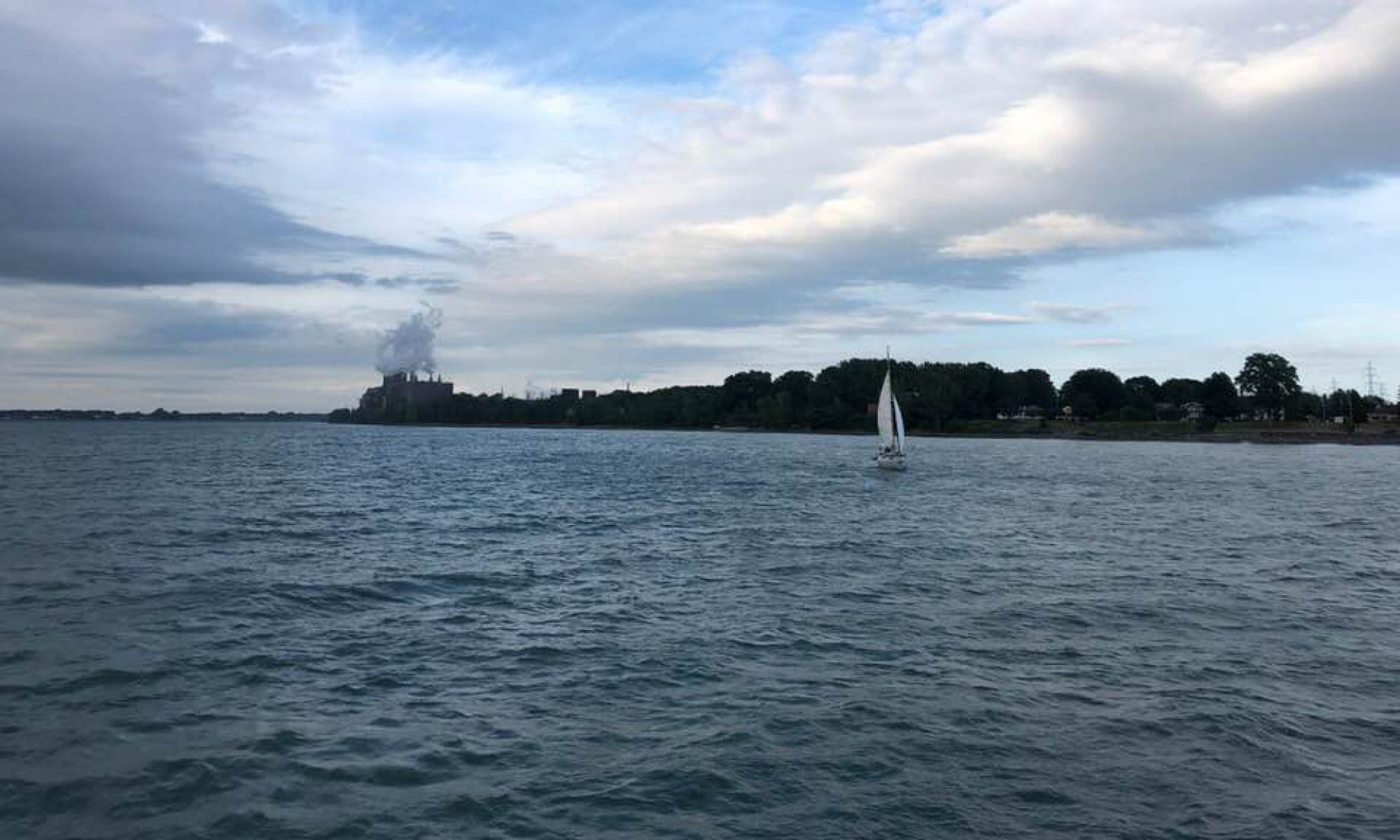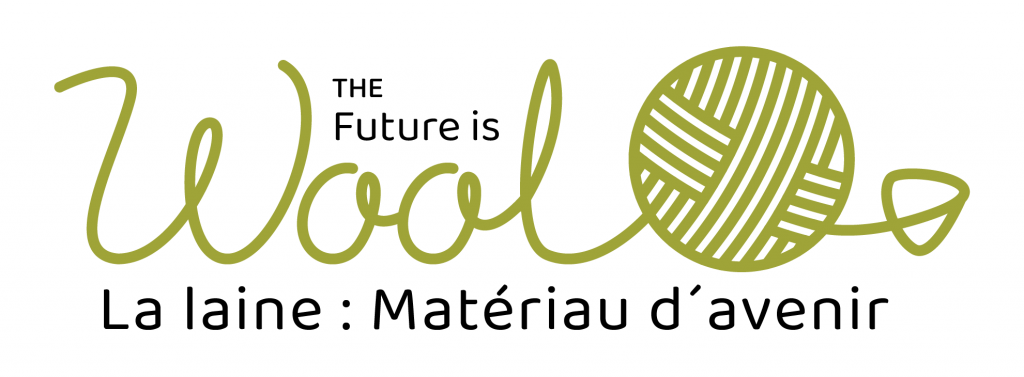
What does making and crafting with the beautiful natural fibre of wool offer us? How can wool as a sustainable and biodegradable material help us mitigate climate change?
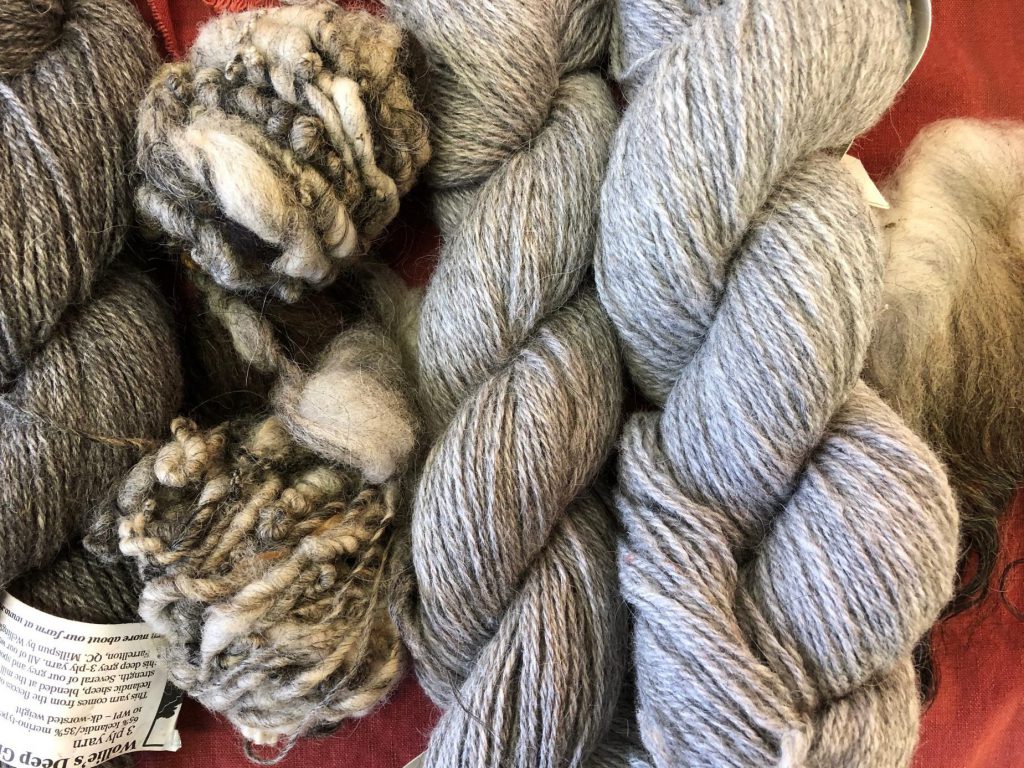
The Future is Wool is a multi-pronged research, research-creation, and public outreach initiative that explores entwined considerations of personal well-being and sustainable planetary futures, and the role that wool can play in promoting both. Like many artists, handcrafters, researchers, fibre farmers, wool advocates, and concerned citizens, I believe that wool — sustainably farmed in ethical, humane ways that prompt soil sequestration of carbon and yield a versatile fibre for art, craft, and design (education) — can begin to make a difference in our orientation to textiles, which is one of the most polluting industries on the planet, and to material use in general.
The Future is Wool is connected to researchers internationally, particularly in Nordic, wool-loving countries; practitioners and producers of the Fibershed and allied movements in North America; and to a community of wool producers and advocates throughout Canada, especially central Canada. In 2022-23, with the TWIST Fibre Festival as community partner, I launched Wool/Work for Sustainable and Just Futures, a bilingual, community-engaged, interdisciplinary research collaboration that explores the potential of Canadian wool in art and design, and hand knitting in particular, to raise awareness of sustainable and ethical textile practices, promote ecologically friendly material choices, mitigate solastalgia/ecological grief and build a sense of individual/community agency and well-being despite the escalating climate catastrophe.
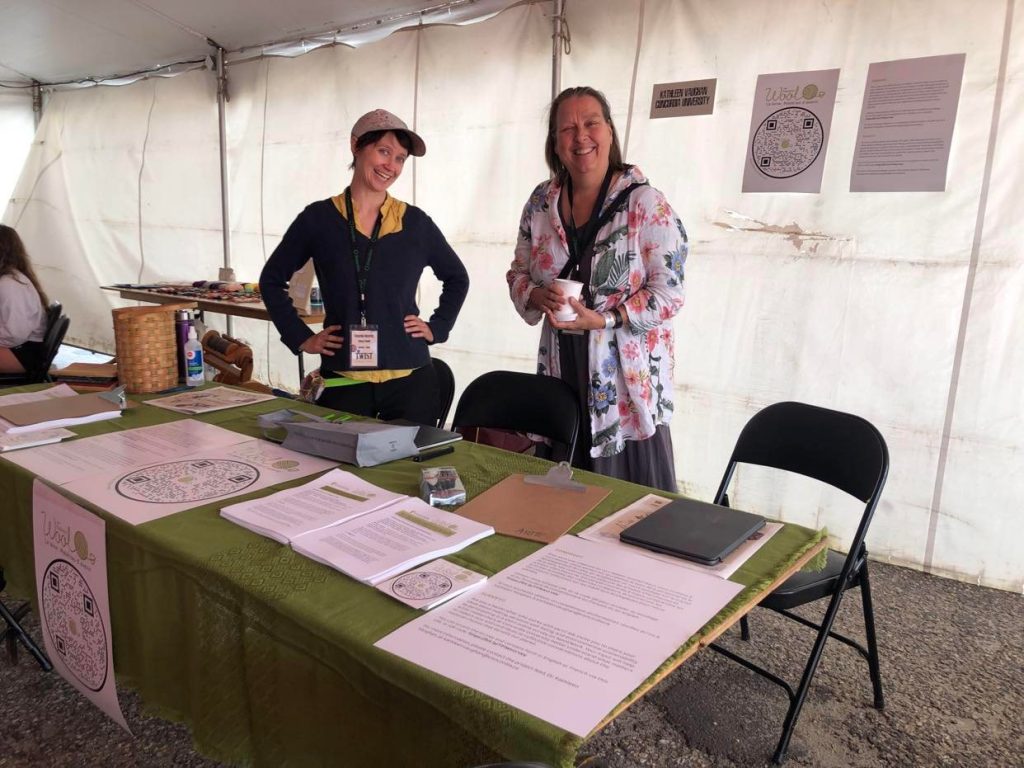
In 2022, Wool/Work launched an online survey about material choices for knitting, crocheting, felting, and other handwork, also asking about any personal and planetary motivations behind these choices: 190 people responded. They described how the pleasure of handwork and the chance to work in community with other makers can bring us comfort in this time of [post?] pandemic anxiety, and the degree to which wool’s biodegradability eased their ecological grief as our planet faces what seems like catastrophic climate change. I reported on these findings to visitors to TWIST in August 2023 at the Roundtable valorizing Canadian wool, which I moderated and featured speakers Karri Munn-Venn from Fermes Leystone Farms and Marie-Eve Faust from UQAM and Fibershed Québec.
In 2023, Wool/Work followed up with a series of series of online talks from experts in the wool industry in Canada, alongside the gifting of a skein of naturally dyed or undyed Canadian wool to 71 participants. We were thrilled to be able to offer such yarn from seven wool providers. More than 35 participants completed our final, wrap-up survey and many returned completed knitted articles (mitts, hats, shawls, scarves, gloves) for donation this past winter to Resilience Montreal, a non-profit downtown day shelter for anyone in need.
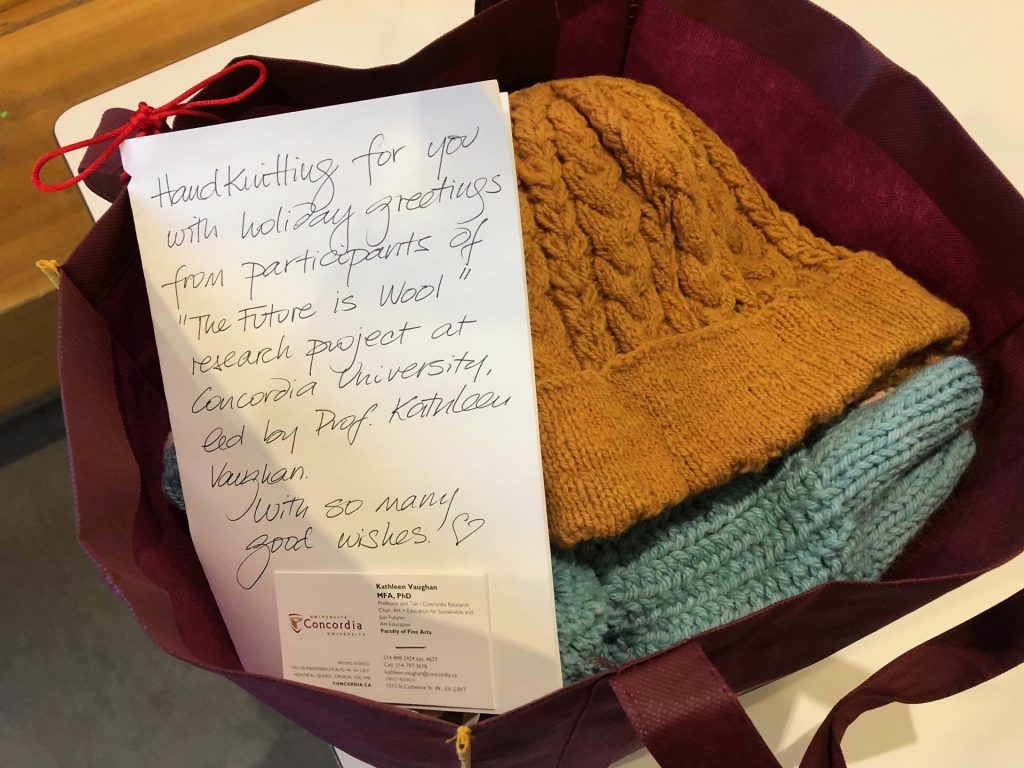
We are now analyzing all data, plan to make them public through publication, and are looking to new activities in 2024 and beyond. I intend to continue to create and learn with wool, and with teammates help support a societal shift back to natural fibres and glorious wool in particular, at this pivotal moment in our planet’s environmental history.
Wool/Work was funded by Concordia University’s Sustainability Transitions Team Research Initiative (2021-22), with added support from my Concordia University Research Chair in Art + Education for Sustainable and Just Futures (2021-26), and included early input from Miranda Smitheram (Design and Computation Arts) and Kelly Thompson (Fibres and Material Practices, now Professor Emerita).
